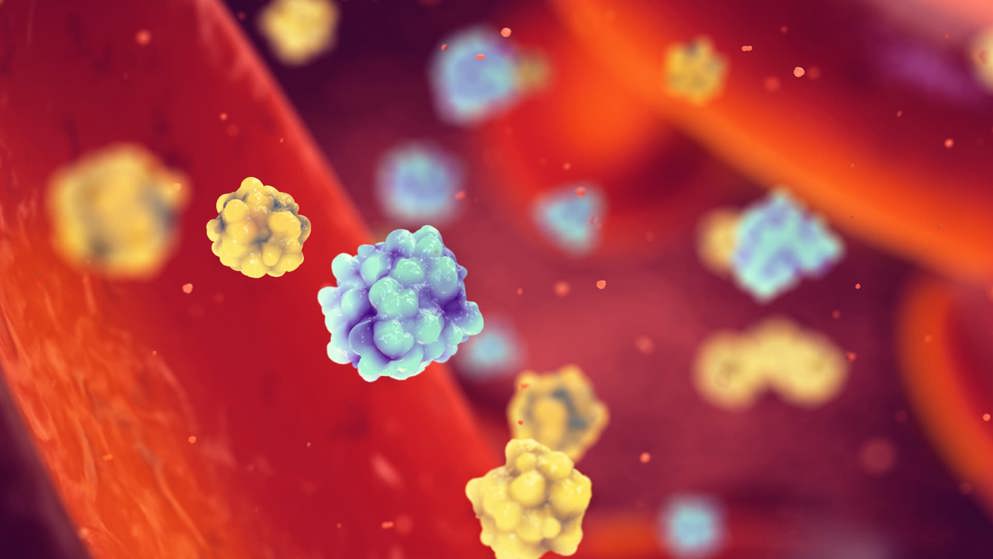
ONWARDS 5 phase III trial of once-weekly insulin icodec meets primary endpoint in type 2 diabetes
Novo Nordisk announced positive results from the ONWARDS 5 phase III trial, with once-weekly insulin icodec demonstrating superior reduction of HbA1 in people with type 2 diabetes, in combination with a dosing guide app
Compared to once-daily basal insulin (insulin degludec or insulin glargine U100/U300) analogues, the 52-week ONWARDS 5 trial – an open-label efficacy and safety treat-to-target study of 1,085 insulin-naïve people with type 2 diabetes in a clinical practice setting – achieved its primary endpoint, demonstrating non-inferiority in reducing HbA1 at week 52. From a baseline HbA1 of 8.9%, the once-weekly insulin icodec achieved a superior reduction in estimated HbA1 of -1.68%-points compared with -1.31%-points for once-daily basal insulins.
Novo Nordisk’s ONWARDS program for once-weekly insulin icodec comprises six phase IIIa global clinical trials, including a trial with RWE involving more than 4,000 adults with type 1 or type 2 diabetes. Insulin icodec is an acylated insulin analogue that binds it strongly to albumin in the body and reduces affinity for insulin receptors – effectively creating an inactive reservoir that gradually releases active insulin over time. The ONWARDS 5 trial included fewer visits compared to the company’s ONWARDS phase IIIa trials and once-weekly insulin icodec appeared to exhibit a safe and well-tolerated profile. It is expected that Novo Nordisk will file for regulatory approval of the once-weekly insulin icodec in the first half of 2023 in the US, the EU, and in China.

